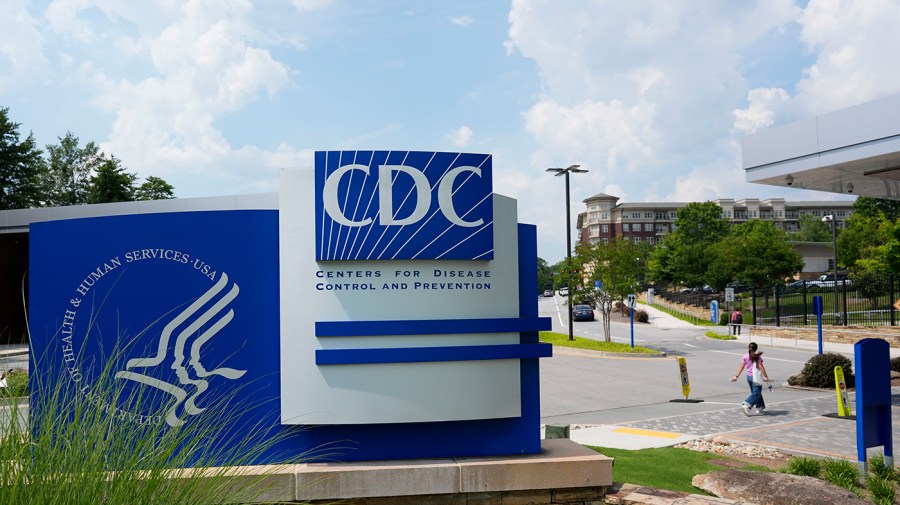The Center for Disease Control and Prevention (CDC) released a Tuesday report raising awareness about the deadly “kissing bug” disease also known as Chagas.
Chagas disease can cause severe fatigue in early stages in addition to heart and digestive problems in the chronic stage. Blood sucking insects called triatominae or “kissing bugs” that transmit the illness have been reported in 32 states.
Other states with human cases include California, Arizona, Tennessee, Louisiana, Missouri, Mississippi and Arkansas.
Here’s what you need to know about the infection spread by insects.
Southern states
The “kissing bug” parasite has typically been reported in southern regions, following a regular appearance in countries including South America, Central America and Mexico.
“Although available data are inadequate to prove that triatomines are increasing in geographic distribution or abundance, largely owing to a lack of standardized surveillance over time, triatomines are increasingly recognized because of frequent encounters with humans in the domestic and peridomestic habitat and increased research attention,” the CDC wrote.
“Invasion into homes, human bites, subsequent allergic reactions or exposure to T. cruzi parasites, and increasing frequency of canine diagnoses have led to growing public awareness,” the agency added.
So far, infections among companion animals, such as domestic and working canines and felines, have been found in 23 states, as well as in Washington, DC, and the US Virgin Islands. The CDC said although dogs infected in northern states likely reflect travel from regions where vectors are present.
Texas, the only state where Chagas disease in animals has been a reportable condition, 431 canine cases were reported from 2013–2015 in addition to cases in two cats, one horse, one rat, three chimpanzees and one walrus, per the health agency.
Contracted through bug bites
The Changas disease is often contracted through bug bites on an individual’s face. There have been 280,000 reported human cases of “kissing bug” disease in the U.S., according to the CDC.
“The kissing bug, also known as triatomine bug, bites and sucks blood from infected animals or people. This is how the bug gets the T. cruzi parasites,” the CDC wrote. “After biting, bugs pass the parasite in their droppings. If these droppings get into someone’s body through a cut in the skin, or near the eyes or mouth, it can lead to infection.”
“People might scratch or rub bug feces into a bite wound, their eyes, or mouth without realizing it, which allows the parasite to enter their body,” officials added.
Many times, people who have moved from rural areas to cities have contracted the disease and live with the illness without knowing it.
Chagas can be spread through blood transfusion, organ transplants, consuming uncooked food contaminated with feces from infected bugs, accidental exposure in a lab and from pregnant women to their babies.
Symptoms include fever, body ache
There are two stages of the disease which range from acute to chronic symptoms. Weeks or months after getting infected some may experience fevers, body aches, headache, rashes or loss of appetite.
Diarrhea and vomiting are also early symptoms of infection.
In the chronic stage, most people have no symptoms, according to the CDC.
However, about 20 to 30 percent of those infected develop serious problems that span from issues such as an enlarged heart, heart failure, altered heart rate or rhythm or sudden death.
Digestive problems also plague those with the disease as some suffer from as an enlarged esophagus or colon, leading to trouble eating or going to the bathroom.
Prevention
The CDC advises individuals to protect themselves from the “kissing bug” disease during travel by staying in well-built places, like air-conditioned or screened-in hotel rooms, spraying the places where they stay with long-lasting insecticides and sleeping under bed nets.
Experts also suggest people avoid consuming salads, raw vegetables, unpeeled fruits and unpasteurized fruit juices in areas where the disease may be present.
Long clothing and bug spray are also recommended.

